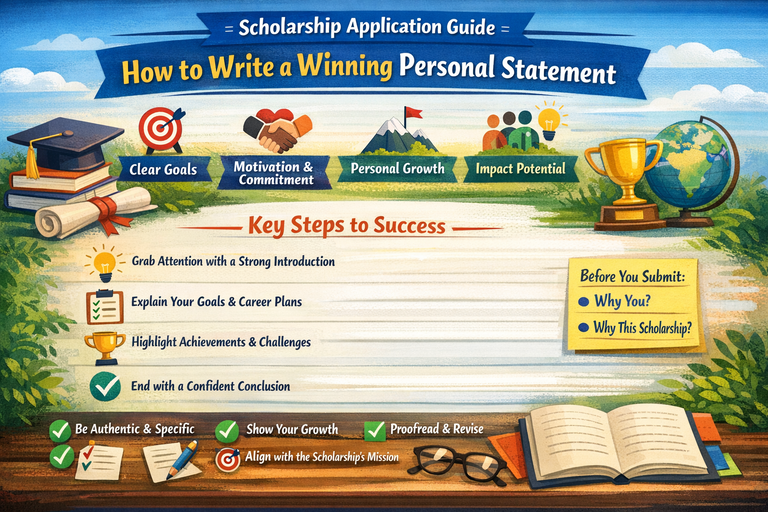The Dark Side of Ambition: Novels That Reveal the Cost of Climbing the Corporate Ladder
Ambition is often celebrated as a driving force behind success, innovation, and personal growth. Yet, as many novels exploring the corporate world reveal, unchecked ambition can have a darker side—one that leads to ethical compromises, broken relationships, and profound personal costs.
The climb up the corporate ladder is not just a story of triumph but also a tale of sacrifice, inner turmoil, and sometimes devastating consequences.
In this blog post, we’ll explore several influential novels that delve into the complexities of ambition, offering cautionary tales about the price individuals pay as they strive for power, status, and influence in the business world.
Ambition as a Double-Edged Sword
Ambition can be a double-edged sword—it fuels determination and drive but can also blind individuals to the damage their actions cause. Literature captures this tension vividly, portraying characters whose thirst for success leads them down morally ambiguous or destructive paths.
In Bonfire of the Vanities by Tom Wolfe, Sherman McCoy is a wealthy investment banker whose ambition for wealth and status blinds him to the moral decay around him. His story is a sharp critique of the greed and superficiality that often accompany corporate ambition. McCoy’s eventual downfall illustrates how ambition, when untethered from ethics, can lead to personal and professional ruin.
Similarly, American Psycho by Bret Easton Ellis takes a darker, more extreme look at ambition. The protagonist, Patrick Bateman, embodies the emptiness and violence lurking beneath the surface of Wall Street’s high-powered success culture. His rise in the financial world is paralleled by disturbing acts that reveal the dehumanizing cost of ruthless ambition.
Ethical Dilemmas and Moral Decline
Novels exploring corporate ambition frequently spotlight ethical dilemmas faced by characters in their quest for advancement. These dilemmas often force protagonists to choose between integrity and success, highlighting the compromises that many make to climb the ladder.
The Firm by John Grisham follows Mitch McDeere, a young lawyer who lands a lucrative job at a prestigious firm only to discover its involvement in illegal activities. His struggle to reconcile ambition with his conscience encapsulates the tension between personal ethics and professional success.
In House of Cards by Michael Dobbs, Francis Urquhart’s relentless political ambition leads him to manipulate, betray, and even murder rivals. The novel serves as a grim portrayal of how the pursuit of power can erode moral boundaries, turning ambition into a dangerous obsession.
The Personal Cost of Climbing Higher
Ambition doesn’t only affect professional life; it often exacts a heavy toll on personal relationships and well-being. Fictional narratives frequently explore how characters sacrifice family, friendships, and even their own happiness in the relentless chase for corporate success.
In Revolutionary Road by Richard Yates, the characters grapple with suburban ambitions and the crushing weight of unmet dreams. Although not explicitly about the corporate ladder, the novel reveals how personal and societal ambitions can create profound dissatisfaction and isolation.
Similarly, in There Will Be Blood by Upton Sinclair, Daniel Plainview’s obsession with building an oil empire alienates him from those around him. His ambition drives him to paranoia and cruelty, demonstrating how the pursuit of power can destroy personal connections and leave a hollow victory.
Ambition and Identity Crisis
Climbing the corporate ladder can lead to profound identity crises, as characters struggle to reconcile their true selves with the personas they adopt to succeed. Literature often portrays this internal conflict as a key cost of ambition.
In The Bell Jar by Sylvia Plath, though more focused on mental health, the protagonist’s struggle reflects the pressures of conforming to societal expectations and ambitions that don’t align with her authentic self. Her descent highlights the psychological toll of pursuing an identity shaped by external success.
Likewise, The Circle by Dave Eggers illustrates Mae Holland’s gradual loss of individuality as she becomes consumed by the ambitions and demands of a powerful tech company. The novel critiques how corporate ambition can subsume personal values and identity.
Lessons from Literature: Balancing Ambition and Integrity
These novels serve as powerful reminders that ambition, while essential, must be balanced with ethical consideration and self-awareness. They warn readers of the pitfalls of allowing the desire for success to overshadow compassion, integrity, and personal fulfillment.
Key lessons include:
-
Recognize the cost: Success achieved at the expense of others or one’s values often leads to long-term dissatisfaction or ruin.
-
Maintain boundaries: Setting limits between professional ambition and personal life is crucial for well-being.
-
Stay grounded: Authenticity and ethical behavior create sustainable success and respect.
-
Reflect on motives: Understanding why you seek success can help prevent destructive ambition.
Final Thoughts
The journey up the corporate ladder is rarely straightforward or easy. Literature’s exploration of ambition reveals its complexity—the soaring highs of achievement and the shadowy costs often hidden beneath the surface. By engaging with these fictional accounts, readers gain a deeper understanding of ambition’s double-edged nature and are better equipped to pursue success with integrity and balance.







